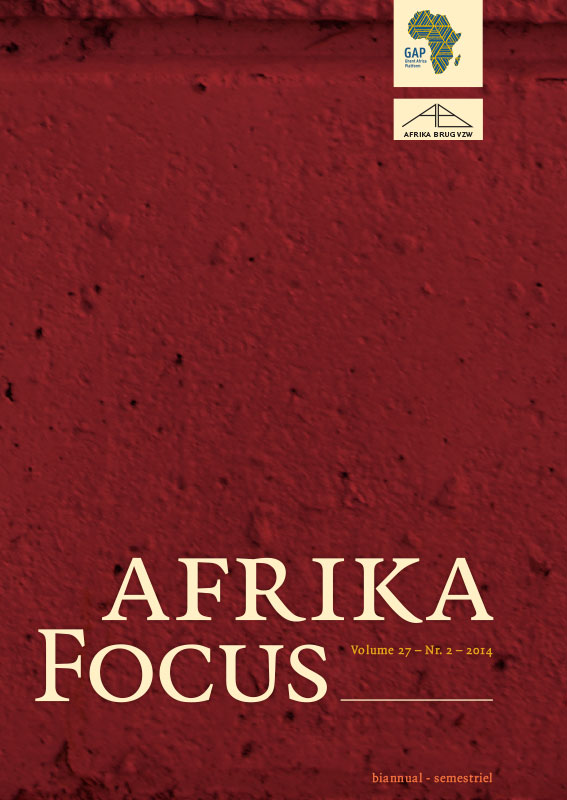Arab Spring in Morocco: social media and the 20 February movement
DOI:
https://doi.org/10.21825/af.v27i2.4886Abstract
Encouraged by the uprisings in Tunisia and Egypt, and the Arab Spring, young Moroccans began to organise huge demonstrations across the country demanding more democracy, social justice and anti-corruption measures. The 20 February movement, named after the first demonstration held on that date in 2011, is a good illustration of one of the new social movements characterized by an intense use of technology and their diffuse membership. This article explores how protesters challenge the dominant institutions and norms in society through their struggle and how they try to create new meanings for these institutions, not only by protesting but also by using social media. We argue that using new social media is not only a vehicle for the mobilisation of activists, but also represents a form of new meaning-making for them: they participate, not only in a local sense, but also globally. Their online activities intersect and influence of ine practices and vice versa, creating a continuous interaction which exerts an influence on both worlds. It is precisely this interconnectedness of offline and online worlds that is the decisive force in these movements and creates new meaning-making. Key words: Morocco, Arab Spring, new social movement, social media, meaning-makingDownloads
Published
How to Cite
Issue
Section
License
Authors who publish with this journal agree to the following terms
Authors retain copyright and grant the journal right of first publication with the work simultaneously licensed under a Creative Commons Attribution License that allows others to share the work with an acknowledgement of the work's authorship and initial publication in this journal.
Authors are able to enter into separate, additional contractual arrangements for the non-exclusive distribution of the journal's published version of the work (e.g., post it to an institutional repository or publish it in a book), with an acknowledgement of its initial publication in this journal.
Authors are permitted and encouraged to post their work online (e.g., in institutional repositories or on their website) prior to and during the submission process, as it can lead to productive exchanges, as well as earlier and greater citation of published work (See The Effect of Open Access).


